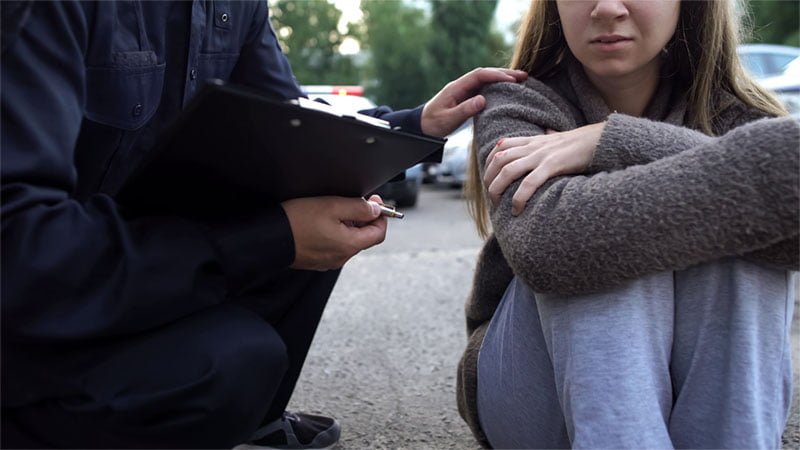
| UPCOMING ONLINE | |||
|---|---|---|---|
|
Live Online | $199.00 | Register |
*Professionally Recorded for Your Agency to Rent On-Demand for 30-Days
Responding to People Experiencing a Mental Health Crisis
Understanding Mental Illness, Autism and Developmental Disorders
With the ever-growing mental health population and the increased potential for mental instability within the general public, officers need CIT Training more than ever before.
Facing substantial budgeting shortfalls, manpower shortages and significant recruitment and retention issues across police departments, most officers are not able to attend a full 40 hours CIT training program. In that, we’ve created a full day introduction to CIT program which will provide the proper knowledge base and confidence for all officers who encounter individuals with mental illness.
In this course we will explain the historical treatment of mental illness, define stigma, and utilize person-first language as well as define the historical and current importance of CIT. Officers will identify the major mental illnesses which commonly present in the field, including depression, bipolar disorder, schizophrenia, and the various anxiety and personality disorders
At the end of this program, officers will be able to:
Bringing you up to date news, videos, training, and tips.

Calibre Press
P.O Box 3476
Glen Ellyn, IL 60138
P: (630) 941-0900
E: [email protected]
Copyright © 2023 Calibre Press. All rights reserved.